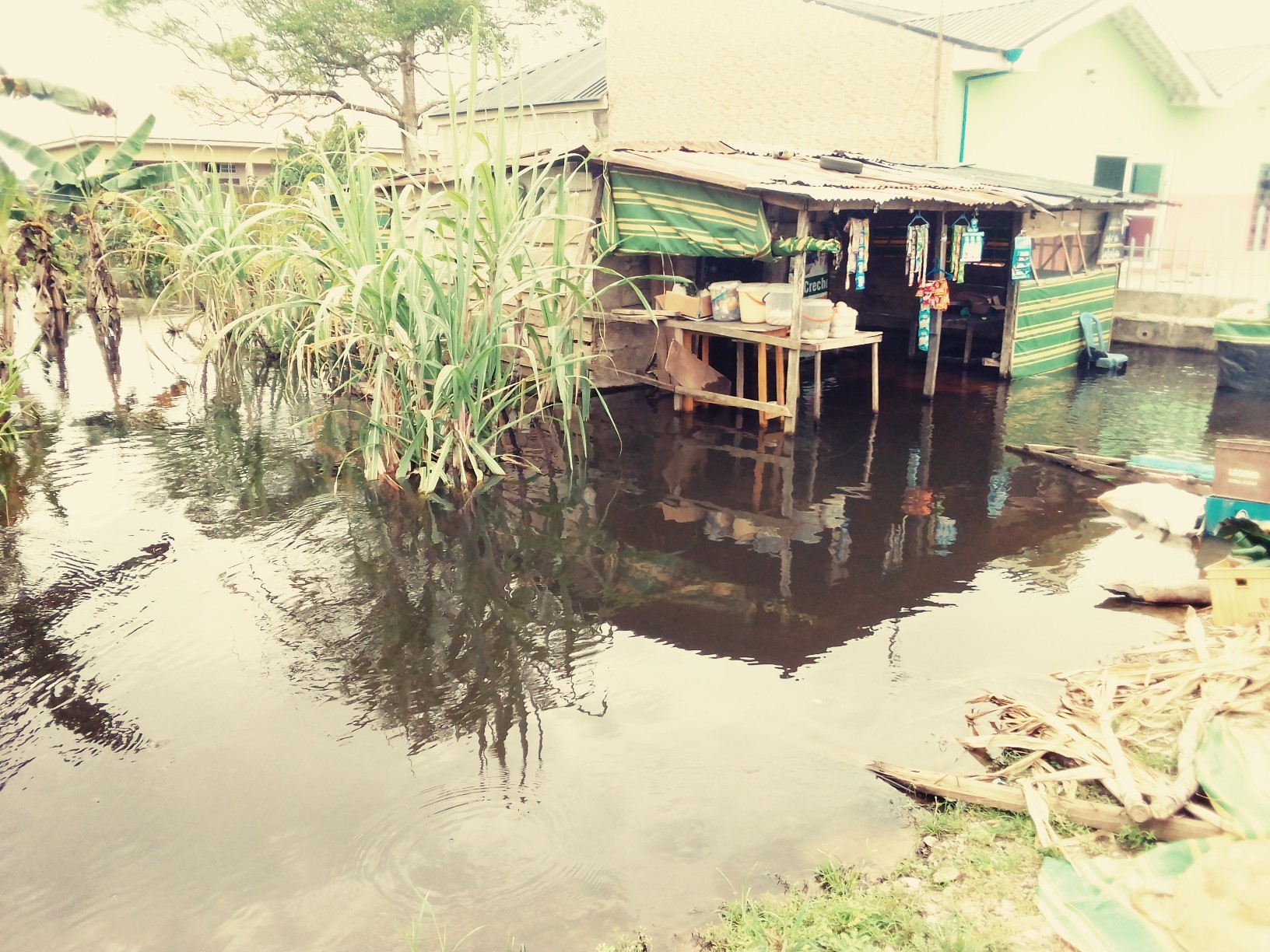
Checking Roaming of Domestic Animals and Excreta in the Streets of Yenagoa
Solomon Olali-Igabo writes on a topical issue titled Checking Roaming of Domestic Animals and Excreta in the Streets of Yenagoa.
Geographically, the environment is made up of three parts or segments such as physical, biological and social. The physical part such as air, water, waste, house etc, the biological part such as plants, animals, insects, rodents etc while the social aspect such as custom, religion, occupation amongst others.
However, the environment has been endangered by the activities of man and some domestic animals resulting to pollution and diseases due to improper and poor management of the ecosystem.
Agriculturally, excreta or faeces of cows, horses and goats at times were locally absorbed as manure in order to aid or boost the growth of some economic plants or crops for human consumption. Better still animal excreta have been found to be rich in total nutrient amounts of Nitrogen (N) and Phosphorus (P).
There are domestic animals or pets, which man use as companionship and protection such as cat, bird, dog, pig monkey and cattle which have been genetically adapted over generations to live alongside humans.
Be that as it may, animals are categorized into three groups (class), namely herbivorous, carnivorous, and omnivorous. The herbivores feed on plants or grass such as cow, goat, sheep, horse, buffalo, camel, donkey among others.
The carnivores feed on flesh or other animals like lion, hyena, tiger, wolf, leopard, crocodile, eagle, ostrich, cat while the omnivores are those ones that feed on both plants and animals like man (human being), dog, etc.
The activities of man and some domestic animals especially dogs and fowls are causing harms or destroying the environment due to its indiscriminate passing of waste material or faeces in the ecosystem.
Sadly, here in Yenagoa, the Bayelsa State capital it is a common sight where dogs freely roaming around the streets or roads, and even excrete on it thereby causing nuisance to the public. This is most worrisome.
Worst of it, some residents in the state capital, even throw human waste (faeces) on the streets and dustbin (dumpsites). Baby’s pampers are indiscriminately littered on the streets, as a result of rodents which exhumed it from the dustbins. Scavengers have taken over dumpsites causing public nuisance. This is unacceptable and should be discouraged by all.
Domestic animals or pets should not be allowed to roam on the streets or better still allowed to pass its excreta or waste on the road or street of Yenagoa. Owners of such pets or dogs should confine it to their compound or premises under strict control or taming.
It is observed that most of these animals or pets are owed by senior citizens or senior politicians and their followers, while their feeding and medical treatment are very expensive.
For instance, one dog feeding alone is enough to feed five families. This is purely witchcraft in the highest order.
If one may ask wat is the responsibility of the Yenagoa City Local Government Council and Bayelsa State Ministry of Environment as well as Ministry of Health?
The government should as a matter of public interest prioritize the health and wellbeing of the citizens through proactive measures in order to safeguard or protect the environment or ecosystem of avoidable diseases and epidemics.
Therefore, it behooves on government at all levels, State Sanitation Authority, Ministries of Environment and Health and other related bodies to form synergy in checking the roaming of domestic animals and its attending excreta on the street of Yenagoa Metropolis.
Solomon Olali-Igabo writes on a topical issue titled Checking Roaming of Domestic Animals and Excreta in the Streets of Yenagoa.







